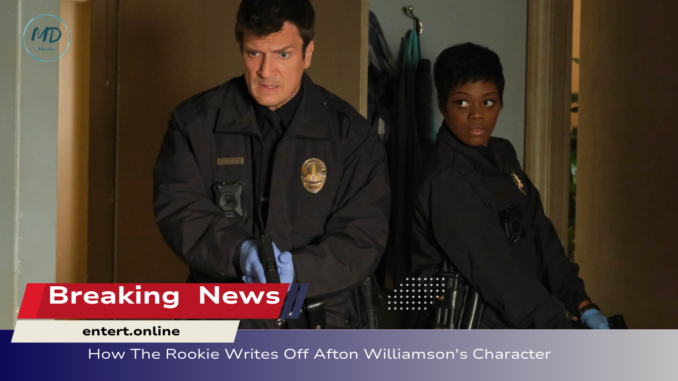
Afton Williamson’s character, Talia Bishop, was a significant part of The Rookie during its early seasons. However, her departure from the show raised questions about how the series would address her exit. Here’s how The Rookie handled Talia’s write-off and what it means for the narrative.
The Context of Talia Bishop’s Departure
Talia Bishop was introduced as a strong and capable police officer in the Los Angeles Police Department. Her character was well-received by fans, making her sudden exit in Season 2 all the more surprising. Williamson’s departure stemmed from off-screen controversies, including allegations of harassment, which led her to step away from the series.
Writing Off Talia Bishop
In the show, Talia’s exit is addressed through a combination of dialogue and character dynamics. Rather than focusing on a dramatic storyline, the writers opted for a more subtle approach. Talia is written off by explaining that she has taken a new position, allowing for her character to leave without an overly complicated narrative.
Impact on the Storyline
Talia’s departure has implications for the other characters, particularly her partner, Nolan, played by Nathan Fillion. The change affects the dynamics within the team, creating opportunities for new character developments and interactions as the show progresses. This transition allows for fresh storylines while acknowledging Talia’s contributions to the series.
Moving Forward
While Talia Bishop’s exit was handled with care, it also opens the door for new characters and relationships to evolve within the series. As The Rookie continues, the focus shifts to exploring the impact of her absence and how it shapes the remaining characters’ arcs.
Conclusion
The Rookie navigated Afton Williamson’s departure thoughtfully, writing off Talia Bishop in a manner that respects the character’s legacy while allowing the show to move forward. This approach not only honors the audience’s connection to Talia but also sets the stage for new developments in the series, maintaining its engaging narrative momentum.
